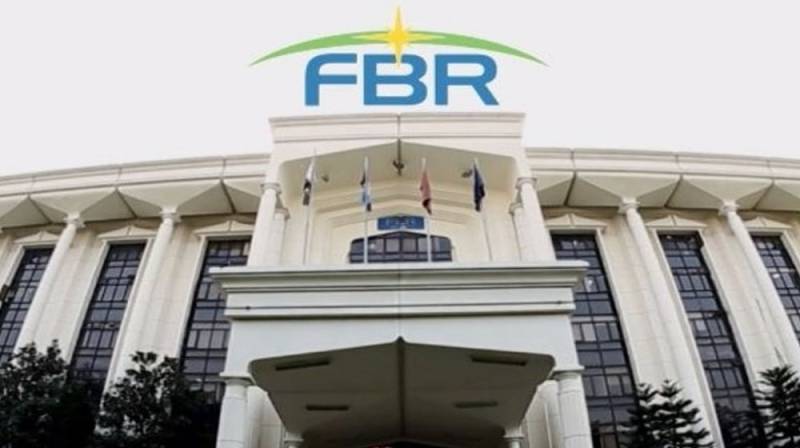
The Federal Board of Revenue (FBR) closed the first half of the fiscal year with an impressive tax collection of Rs. 3.4 trillion. Unfortunately, the tax authority was unable to achieve the six-months' target of Rs. 3.6 trillion due to certain sub judice tax provisions.
As per the FBR’s press release, “Federal Board of Revenue has demonstrated a remarkable revenue collection performance in the first six months of the current financial year 2022-23 and has collected Rs. 3428 billion for the first six months against Rs. 2929 billion collected in the corresponding period of last year depicting an increase of 17%.”
The revenue targets were achieved for the first five months of the fiscal year and the shortfall was registered only in the month December. “FBR collected Rs. 740 billion for the month of December 2022 against Rs. 599 billion in the same month last year, showing an impressive growth of almost 24% as compared to the same month last year. This performance is despite huge import compression and zero rating on petroleum,” read the FBR’s official statement.
“The FBR has done a commendable job of getting so close to the enormous revenue target. The collection targets, from the very beginning, were over ambitious and to add fuel to the fire, the levy of super tax was revoked which dented the collections by around Rs. 250 billion,” says Abdul Qadir Memon, a senior Chartered Accountant.
As per a report by Ismail Iqbal Securities, the court decision meant that the levy (super tax) shall be applicable from tax year 2023, not retrospectively and applicability of higher super tax rate of 10% for 15 sectors against 0-4% for others was declared discriminatory, hence, ultra vires to the constitution.
Tax lawyer Muhammad Amayed Ashfaq Tola said, “the FBR can possibly take two measures to curb the deficit. First one is through introducing a mini budget which would impose additional taxation measures. The other step could be an administrative one. As there is a huge backlog of tax litigation, the board can expedite the proceedings and recover some amount through resolving pending cases.”
Meeting the tax targets is one of the prerequisites of Pakistan’s deal with the IMF, and a failure to do so would trigger a series of contingency measures.
The government is expected to introduce a flood levy on imports to collect around Rs.60 billion of revenue. Additionally, authorities are deliberating the imposition of a windfall tax on commercial banks who made a killing while speculating on dollar prices in 2022.
As per the FBR’s press release, “Federal Board of Revenue has demonstrated a remarkable revenue collection performance in the first six months of the current financial year 2022-23 and has collected Rs. 3428 billion for the first six months against Rs. 2929 billion collected in the corresponding period of last year depicting an increase of 17%.”
The revenue targets were achieved for the first five months of the fiscal year and the shortfall was registered only in the month December. “FBR collected Rs. 740 billion for the month of December 2022 against Rs. 599 billion in the same month last year, showing an impressive growth of almost 24% as compared to the same month last year. This performance is despite huge import compression and zero rating on petroleum,” read the FBR’s official statement.
“The FBR has done a commendable job of getting so close to the enormous revenue target. The collection targets, from the very beginning, were over ambitious and to add fuel to the fire, the levy of super tax was revoked which dented the collections by around Rs. 250 billion,” says Abdul Qadir Memon, a senior Chartered Accountant.
As per a report by Ismail Iqbal Securities, the court decision meant that the levy (super tax) shall be applicable from tax year 2023, not retrospectively and applicability of higher super tax rate of 10% for 15 sectors against 0-4% for others was declared discriminatory, hence, ultra vires to the constitution.
Tax lawyer Muhammad Amayed Ashfaq Tola said, “the FBR can possibly take two measures to curb the deficit. First one is through introducing a mini budget which would impose additional taxation measures. The other step could be an administrative one. As there is a huge backlog of tax litigation, the board can expedite the proceedings and recover some amount through resolving pending cases.”
Meeting the tax targets is one of the prerequisites of Pakistan’s deal with the IMF, and a failure to do so would trigger a series of contingency measures.
The government is expected to introduce a flood levy on imports to collect around Rs.60 billion of revenue. Additionally, authorities are deliberating the imposition of a windfall tax on commercial banks who made a killing while speculating on dollar prices in 2022.

